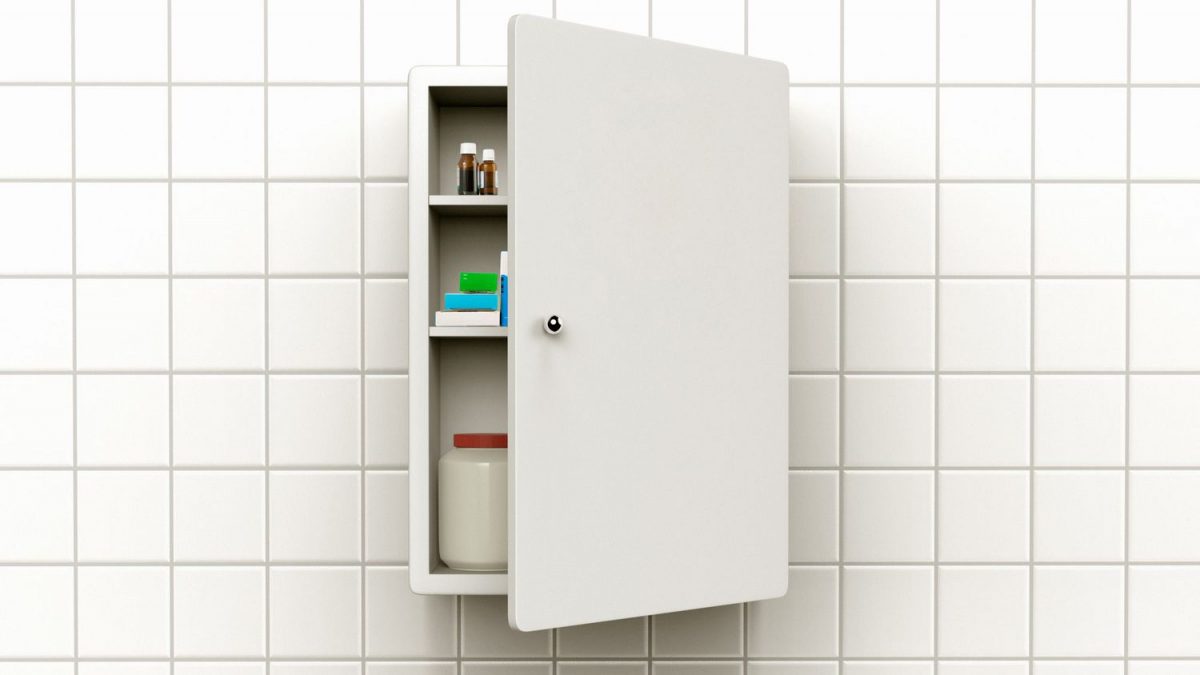A well-stocked medicine cabinet is a crucial part of maintaining your family’s health and well-being. From minor injuries to common ailments, having the right medications on hand can provide quick relief and peace of mind. In this article, we’ll explore the top 10 essential medicines you should keep at home, ensuring you’re prepared for a variety of health concerns.
Being prepared for any situation is important. This rings especially true when it comes to our health and well-being. The concept of a well-stocked medicine cabinet has transcended its role as a mere storage space for occasional pain relievers to become an indispensable resource for safeguarding the health of our loved ones. As the saying goes, “An ounce of prevention is worth a pound of cure,” and this sentiment couldn’t be truer when considering the medicines one should keep at home.
The notion of having a diverse selection of medicines at your fingertips might seem over the top, but it’s grounded in practicality and pragmatism. Emergencies don’t wait for convenient moments to strike. In the late hours of the night, during weekends, or even in the midst of inclement weather when leaving the house might be challenging, having essential medicines readily available can make all the difference between managing a minor ailment and enduring unnecessary discomfort.
Picture this: your child suddenly develops a fever on a weekend, and a trip to the pharmacy is out of the question due to a raging storm. In such situations, having a trusted fever reducer within arm’s reach can provide immense relief and aid in your child’s comfort. Similarly, unexpected injuries like cuts, scrapes, or sprains are a common part of life, and having antiseptic ointments and pain-relieving creams on hand can help mitigate infection risks and soothe discomfort.
Moreover, having certain medicines at home isn’t just about addressing immediate health concerns; it’s also about empowering ourselves with the ability to manage certain conditions proactively. Chronic ailments such as allergies, acid reflux, or even mild digestive issues can be managed more effectively with the presence of antihistamines, antacids, and other relevant medications readily available in our medicine cabinets.
As we navigate through our modern lifestyles, it’s also important to acknowledge the role of convenience in our health management strategies. With our busy schedules and responsibilities, making time for routine pharmacy visits might not always be feasible. By thoughtfully stocking up on medicines that cater to common health issues, we’re granting ourselves the gift of convenience, ensuring that we’re prepared to face the unexpected without undue stress.
1. Pain Relievers
Pain relievers like acetaminophen and ibuprofen are essential for alleviating minor aches, headaches, and fever. They are versatile medicines suitable for both adults and children, providing quick relief from discomfort.
2. Antihistamines
Allergies can strike unexpectedly. Antihistamines like loratadine can help manage symptoms like sneezing, itching, and watery eyes due to allergies or hay fever.
3. Antacids
For indigestion, heartburn, or an upset stomach, having antacids containing ingredients like calcium carbonate can provide rapid relief by neutralizing excess stomach acid.
4. Oral Rehydration Salts (ORS)
In case of dehydration caused by illnesses like diarrhea or vomiting, ORS packets are essential. They help restore lost electrolytes and fluids, preventing further health complications.
5. Adhesive Bandages and Antiseptic Cream
Small cuts and scrapes are common. Adhesive bandages and antiseptic cream or ointment are vital for cleaning wounds and preventing infections.
6. Cough and Cold Medications
Over-the-counter cough syrups, decongestants, and throat lozenges can provide relief from common cold symptoms, making the recovery process more manageable.
7. Thermometer
A reliable thermometer is crucial for monitoring body temperature, especially in cases of fever. A digital thermometer is user-friendly and provides accurate readings.
8. Anti-Inflammatory Cream
Muscle strains and minor injuries can benefit from the application of anti-inflammatory creams or gels, like those containing ingredients such as diclofenac or ibuprofen.
9. Hydrocortisone Cream
Skin irritations, rashes, and insect bites can be soothed with hydrocortisone cream, which possesses anti-inflammatory properties to help alleviate itching and discomfort.
10. First Aid Manual and Contact Information
While not a medicine, a first aid manual can guide you through minor medical emergencies. Additionally, keep a list of emergency contact numbers for healthcare providers readily available.
Conclusion
Having these essential medicines readily available in your home health kit can make a significant difference when dealing with common health issues. Remember to store medications in a cool, dry place, and check expiration dates periodically to ensure their effectiveness. However, it’s crucial to consult a healthcare professional before using any new medication, especially if you have pre-existing medical conditions or are taking other prescriptions. A well-prepared medicine cabinet is a cornerstone of home health management, providing comfort and care when you need it most.








